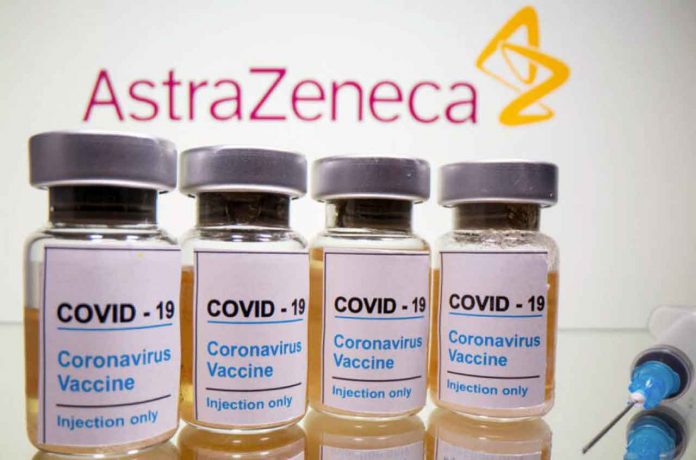
OTTAWA – The National Association of Friendship Centres (NAFC) has launched its most recent phase in a series of COVID-19 and COVID-19 vaccine information materials by and for Indigenous peoples living in urban centres. This comes at a time when many people can get boosters and children are eligible to be vaccinated against COVID-19, especially as a Fall surge is expected.
“We are now in the third year of the COVID-19 pandemic and there are still misconceptions and hesitations towards the vaccine and immunization in general,” says Jocelyn Formsma, Executive Director, National Association of Friendship Centres. “We want to ensure that people have up to date and trusted information so they can make the best decisions for themselves, their families, and communities.”
NAFC launched the Take Action in COVID campaign last year with the assistance of health care professionals, to share important COVID-19 and vaccine information with urban Indigenous people in mind. Core to this campaign has been sharing information from trusted sources with respect to the safety and efficacy of the COVID-19 vaccines. This phase, the NAFC continues that campaign with the help of pediatricians to inform parents on the safety of the vaccine for children.
“While many children are at low risk of developing severe illness, it is not guaranteed,” says Dr. Ryan Giroux, Pediatrician at the Auduzhe Clinic, an Indigenous run clinic in Toronto. “We have seen children infected by the virus develop pediatric inflammatory multisystem syndrome which is serious, and we know that the vaccine can prevent that. This pandemic had been unpredictable, we don’t know where it will take us and the best way we can protect our children is through vaccination.”
“As things are opening and there are fewer public protections in place, such as masking and distance enforcement, it is important that we are able to protect ourselves from severe illness and reducing spread. This virus still has the ability to severely affect members of our communities and there is an expected rise in COVID cases this Fall, and so, it is important that people are informed about whether to get the vaccine and booster shots if you are eligible,” says Formsma.
NAFC is encouraging people to speak to their health care providers and pediatricians if they are hesitant about the vaccine. There is also information on the NAFC website as well as locations for Indigenous-run vaccine clinics.
About the NAFC:
The NAFC represents over 100 local Friendship Centres and Provincial/Territorial Associations in every province and territory in Canada (except Prince Edward Island). Friendship Centres are urban Indigenous community hubs that provide a wide range of programs and services for First Nations, Inuit and Métis people living in urban, rural, and northern communities. Collectively, Friendship Centres are the largest and most comprehensive urban Indigenous service delivery network in Canada.






